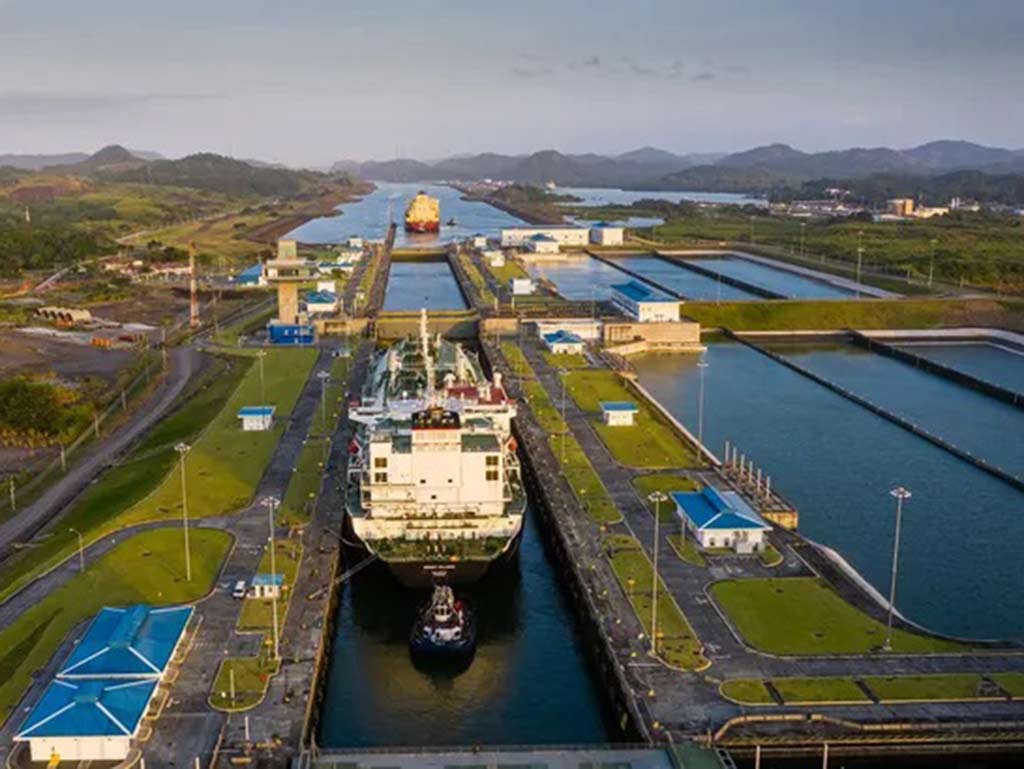Historians say that after 10 years of construction and an investment of 380 million dollars, the inter-oceanic waterway was inaugurated on August 15, 1914, with the crossing of the steamship Ancon.
More than 20,000 deaths, due to diseases and accidents during the French and American construction, were left behind, several publications point out.
On September 7, 1977, the leader of the Panamanian Revolution, General Omar Torrijos Herrera (1929-1981), and the former president of the United States, Jimmy Carter, signed a historic agreement that allowed the transfer to the locals of the administration of the 80-kilometer waterway that connects the Atlantic and Pacific oceans.
The Canal works with locks, and elevators that raise the ships 26 meters to reach the required level and cross it.
In 2016, the canal was expanded to allow the transit of Neopanamax vessels of larger dimensions and cargo capacity (almost 20,000 containers).
Since 2023, an intense drought due to the El Niño phenomenon forced the Panama Canal Authority (ACP) to take drastic measures to reduce the draft of vessels and reduce daily crossings from 38 to 22, which with the arrival of the rainy season are becoming more flexible.
Official statistics show that for each vessel that crosses the waterway, some 200 million liters of fresh water are discharged into the sea.
Another of the options to face the lack of fresh water for its operations led the experts to foresee new sources, hence the construction of reservoirs in the basin, the most suitable one in Rio Indio, for which they are conducting surveys with the communities to see the impact that this work would cause since more than two thousand people would have to be relocated.
jrr/abo/mem/ga










